Forensic Science and Crime Investigation
Synopsis
Forensic science encompasses a wide variety of scientific disciplines. Its foremost purpose is to offer unprejudiced, scientific support for use in courts of law. Scientific analysis of physical evidence is compulsory to assist the police in their investigations. These examinations include – detection of blood, semen, saliva, and other body fluids. Blood grouping from dried blood, or semen stains. Determination of origin of species from blood stains. Use of DNA profiling to compare the unidentified samples for the purpose of identification. Identification of trace elements like – fibers, hair (site and origin of species). Recognition and analysis of blood and urine samples in cases of consumption of drugs and alcohol in offences like driving under the effect of intoxication, or in cases of poisoning. Examination of glass fragments and paint samples by means of microscopic techniques as well as physical and chemical methods. Examination and analysis of skeletal material, intact or in fragmentary state, recovered from crime scenes to establish identity in terms of establishing age, sex, race, and stature, etc. Scientists work closely with police and on certain occasions they may even have to visit the scene of crime to get certain relevant information about the crime. The forensic scientists often give evidence in the court, which may be of great use. This book would be useful to Forensic Scientists working in State and Central Forensic Science Laboratories across the country as well as to the Law Institutes, Police Administration, Crime Investigation Agencies, Fingerprint Bureaus, Question Document Examiners and Chemical Examiners. This volume would be of great use in all University / College departments where Forensic Science and or Criminology is taught as a discipline at any level – Criminology is taught as a discipline at any level – Certificate, Diploma or Degree. In Medical Colleges this book would be of great use of the teachers and students of Forensic Medicine. This book would be quite handy for the practicing lawyers to prepare their cases.
Read more
Not available
BECOME A MEMBER
Books by the same authors
-

Encyclopaedic Dictionary of Food and Nutrition (In 2 Volumes)
-
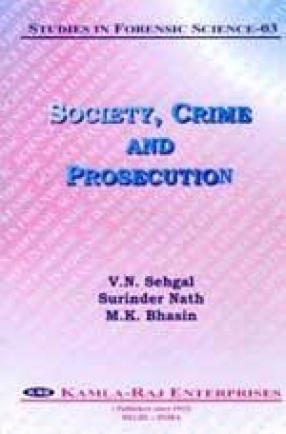
Society, Crime and Prosecution
-

Personal Identification Through Fingerprints
-
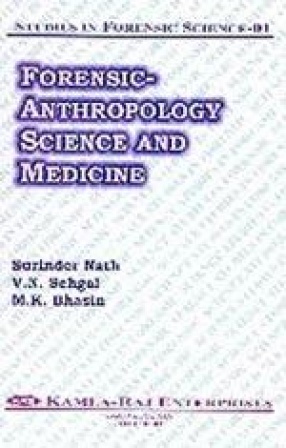
Forensic-Anthropology, Science and Medicine
-
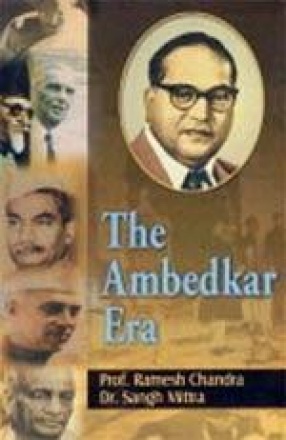
The Ambedkar Era
-
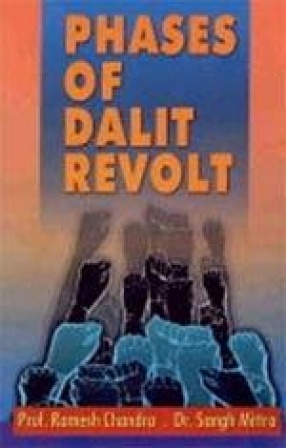
Phases of Dalit Revolt
-
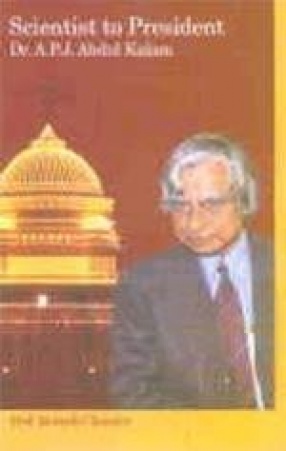
Scientist to President: Dr. A.P.J. Abdul Kalam
-
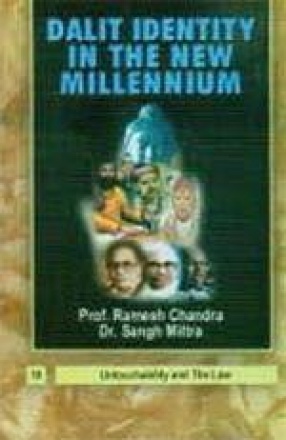
Dalit Identity in the New Millennium (In 10 Volumes)
-

Modern Trends in Forensic Science


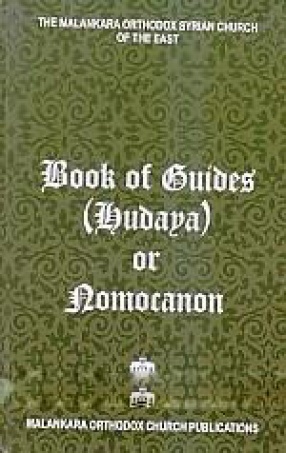
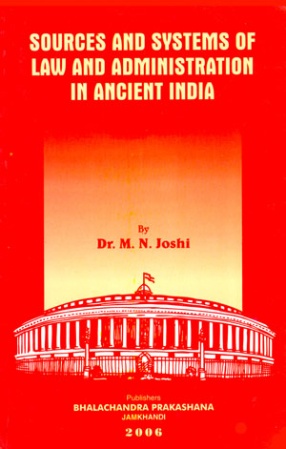
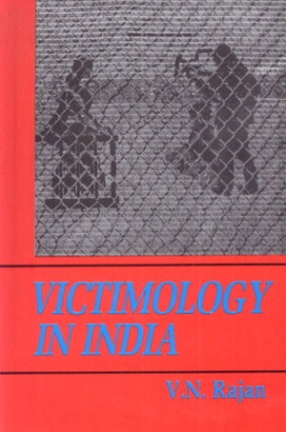

Bibliographic information
Ramesh Chandra
P.K. Janjua